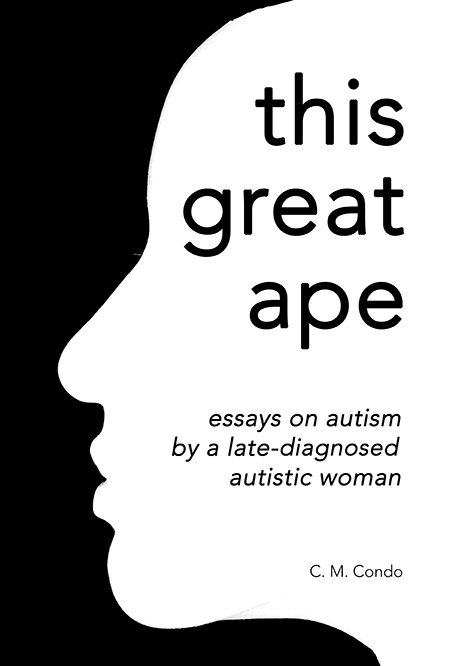
I know this won’t increase my popularity in the autism community, but I’ve been thinking it for a while now, so I might as well come out and say it: I am tired of being autistic.
Being autistic in our painfully neurotypical world is exhausting. Every aspect requires an extra investment of energy, emotional, physical, or both. I can never just be. I can never just think. I can never just act. This may seem like an exaggeration to a non-autistic person, but as other autistics will tell you, it’s really not.
I’m not talking about the kind of autism that is profound, often developmentally delayed, and a much greater drain on parents and caretakers. I’m talking about the high-masking (erroneously referred to as “high-functioning”) version, the one who appears normal under social scrutiny. That’s me. I’ve been masking for almost three decades.
When I first started, I was flailing, not knowing what was wrong with me other than the fact that something was certainly wrong with me, and my best efforts at hiding that involved mimicking other people with limited success. Thirty years later, my disguise extends to the physical as well, with facial expressions, eye contact, body language, and tone of voice, all the things that neurotypicals do automatically and naturally and automatically and naturally expect of other people. (To say they are neither automatic nor natural to me probably belabors the point.)
I can even perform the necessary indicators of empathy, as neurotypicals can’t see my real version. I’ve become, for all intents and purposes, a whole other person, a projected, opaque disguise that almost completely hides the autistic person inside it.
Autistic emotions are deep and encompassing, and we keep them beneath the surface so we aren’t immobilized by them. When I feel empathy for someone else, I have to perform it, or the other person won’t see it. Performing empathy is a two-pronged exercise: the first is calibrating the performance to the situation, and the second is protecting ourselves from being overwhelmed by the emotions we’re surfacing. It’s tiring, and all the more so because it feels so unnecessary to me, on the inside.
It’s all a performance, for me and autistics like me. The amount of neurotypical acting I have to do around other people burns me out. The simplest interactions with service people have to be carefully managed, so I don’t put them off and disincline them to help me. I can’t even do it when I’m actually angry. At that point, disguising is out of reach because I’m already exhausted and can’t put the mask back on until I’ve recharged.
I went to donate clothes the other day, and the worker at the donation site was one of those over-the-top, happy-to-be-alive, pushy kind of friendly people to whom a less enthusiastic response would have seemed rude. I spent a huge chunk of energy on that interaction even though it lasted less than a minute. I don’t think these individuals realize how much they’re demanding from the people around them to reflect their joie de vivre. I think it’s more rude than just being rude.
After a while, it feels like my entire existence is more effortful than it should be. I worry about my fatigue while wondering how much better I might feel if I didn’t have to put on this whole neurotypical facade every time I have an interaction with a non-autistic person. It’s a persistent drain on my energy and well-being that ought to be unnecessary but realistically isn’t.
Definitely going to lose more popularity here, but while I’m being brutally honest, neurotypical people are a pain in my ass. They tend to be hypersensitive, overemotional, and thin-skinned. Their feelings get bruised so easily that it seems impossible not to bruise them, like fruit, like an apple I accidentally dropped on the floor. I didn’t mean to drop your apple, I just had too many things in my hands. Like worrying about whether I’m fitting in to the narrow confines of acceptable behavior imposed by all these snowflakes who take everything personally, even if—often when—it has nothing to do with them at all.
Despite this oversensitivity, these same neurotypicals don’t take responsibility when they hurt my feelings, the autistic person’s feelings. Because they can’t see them, they think autistics don’t have the same emotions they do, even while they claim to “get it.” And that does hurt my feelings, even if I’m not making a performance out of it.
Why do I still bother to mask if it’s so thankless, you might be thinking? Because the cost of not masking is steep. Not only am I expending all of this extra effort to tiptoe around these neurotypical land mines, but I’m also responsible for repairing the damage from setting one off, even though I didn’t mean to and didn’t put it there and was surprised that place had one when I thought it didn’t.
This whole autism business is wearing me out. I try to come up with a bright side sometimes, but right now, I’m just tired of all of it and wish I could have a day or two where I could be myself and non-autistic people had to bend around me, instead of the other way around. Let someone else be tired for a change.







